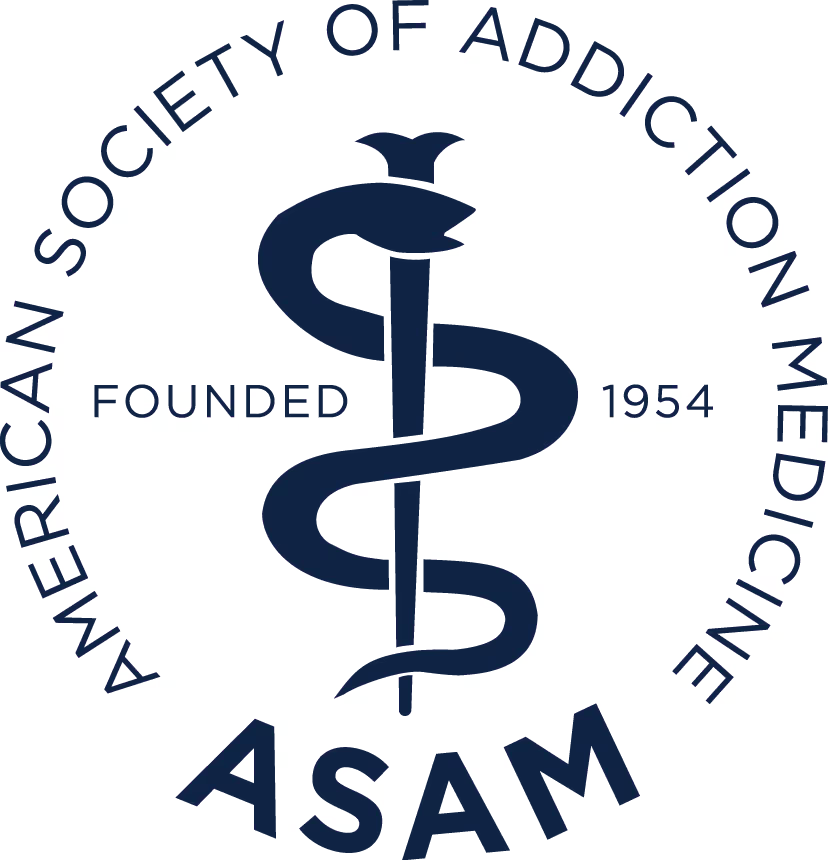The landscape of addiction recovery is evolving. While evidence-based clinical treatments like detox, counseling, and medication-assisted therapy remain essential, more and more rehab centers are embracing holistic care to support recovery on every level: mind, body, and spirit. These complementary therapies are not meant to replace traditional approaches but to enhance them, helping clients heal more fully and develop sustainable coping tools.
In today’s recovery programs, holistic care has shifted from a niche offering to a mainstream practice. Modern rehabs are increasingly integrating mindfulness, movement, creative therapies, and advanced wellness practices into their programs. Here’s a closer look at what holistic care means and which therapies are gaining the most traction.
What Is Holistic Care in Rehab?
Holistic care in addiction recovery emphasizes treating the whole person, not just the symptoms of substance use. Addiction impacts every dimension of life, including physical health, mental health, emotional well-being, relationships, and even spiritual balance. Holistic therapies aim to restore harmony between these dimensions.
Key goals of holistic care include:
- Reducing stress and anxiety during detox and early recovery.
- Supporting physical healing and boosting energy levels.
- Encouraging self-awareness and emotional regulation.
- Providing healthier outlets for expression and stress relief.
- Promoting long-term lifestyle changes that sustain sobriety.
Research has shown that people who combine conventional therapies with holistic practices often report higher satisfaction with treatment and stronger engagement in their recovery journey.
Why Holistic Therapies Are Growing in Popularity
Several factors are driving the growth of holistic care in modern rehab:
- Stress Management: Addiction often coexists with high stress levels. Practices like yoga, meditation, and breathwork are effective tools for calming the nervous system.
- Whole-Body Healing: Nutrition, exercise, and sleep regulation help repair the body after years of damage from substance use.
- Patient Preference: Many clients want recovery programs that feel individualized and empowering, not one-size-fits-all. Holistic therapies provide variety and personalization.
- Evidence of Effectiveness: Increasing research supports the benefits of holistic practices in reducing relapse rates, improving mental health, and enhancing quality of life.
Modern Holistic Therapies Making an Impact
While practices like yoga and meditation remain staples, several newer or more specialized therapies are picking up momentum in the rehab field.
1. Mindfulness and Meditation Programs
Mindfulness is no longer an optional wellness practice, but a central tool in many recovery programs. Studies show mindfulness meditation reduces cravings, improves emotional regulation, and lowers relapse risk. Guided meditation, mindful walking, and body-scan exercises are commonly used to anchor clients in the present moment.
2. Yoga and Breathwork
Yoga combines movement, stretching, and controlled breathing to reduce anxiety and promote physical health. Specific breathwork techniques, such as diaphragmatic breathing or alternate-nostril breathing, have been shown to activate the parasympathetic nervous system, bringing calm during stressful moments of recovery.
3. Nutritional Therapy
Substance use often leaves the body depleted of essential nutrients. Nutritional counseling and chef-prepared meals help restore balance, stabilize mood, and improve energy. Research from the National Library of Medicine highlights the importance of nutrient-dense diets in recovery, noting their role in improving cognitive function and resilience.
4. Acupuncture and Traditional Eastern Practices
Acupuncture, a practice rooted in Chinese medicine, is increasingly integrated into Western recovery programs. Research suggests it may reduce withdrawal symptoms, alleviate anxiety, and improve sleep. Other complementary practices like tai chi and qi gong are also finding a place in modern rehab centers.
5. Creative Arts Therapies
Music therapy, art therapy, and even drama-based therapy allow clients to process emotions that may be difficult to articulate in traditional talk therapy. For many, creative outlets provide healing in ways words cannot, building confidence and releasing trauma through expression.
6. EMDR (Eye Movement Desensitization and Reprocessing)
Though not strictly holistic, EMDR is one of the most modern therapeutic approaches gaining traction. It’s highly effective in treating trauma, a common driver of addiction, by helping clients reprocess painful memories without being retraumatized. Many holistic rehabs combine EMDR with mindfulness and body-based practices for comprehensive trauma care.
7. Adventure and Nature Therapy
Hiking, kayaking, and outdoor challenges are more than recreational activities as they build resilience and confidence. Studies in environmental psychology show that time in nature reduces stress hormones and promotes feelings of calm, making outdoor therapy an impactful complement to indoor counseling.
The Evidence Behind Holistic Integration
Holistic care is not just about comfort or lifestyle, and has measurable impacts on recovery outcomes:
- A 2014 study in the Journal of Substance Abuse Treatment found that mindfulness-based relapse prevention reduced relapse risk by nearly 50% over a one-year period compared to standard aftercare.
- Research on yoga has demonstrated significant reductions in stress and anxiety levels among individuals in early recovery (Harvard Health Publishing, 2018).
- Nutritional support has been linked to improvements in energy, focus, and mood regulation, all of which are critical to sustaining sobriety.
- Creative therapies have been shown to reduce symptoms of depression and PTSD, two conditions that often co-occur with addiction.
When combined with clinical methods like detox, therapy, and medication management, these approaches offer a comprehensive path to healing.
Holistic Care as a Lifestyle Beyond Rehab
Perhaps the most powerful aspect of holistic therapies is their role in long-term recovery maintenance. Unlike medications or structured therapy sessions that may be time-limited, practices like mindfulness, yoga, or nutrition can become lifelong habits. Clients who adopt these practices often leave treatment with practical tools to manage stress, regulate emotions, and maintain balance well into the future.
Holistic Care can Accelerate Recovery
Addiction recovery is about more than achieving sobriety. It is about creating a healthier, more balanced life. Holistic care recognizes that healing requires attention to body, mind, and spirit. From mindfulness and nutrition to equine therapy and EMDR, modern rehab centers are expanding their approaches to give clients every opportunity to succeed.
If you or someone you love is considering treatment, know that professional care can combine both evidence-based medicine and holistic therapies. Regal Treatment integrates traditional clinical care with holistic practices to provide clients with the strongest foundation for lasting recovery.
Contact Regal today at 818-533-9993 or online at www.regaltreatment.com/contact to learn more about our facility and addiction treatments for yourself, a loved one, or a friend.
.png)
.png)
.png)
.png)
.png)
.png)
.avif)


